Pregnancy brings with it a higher risk of food poisoning. It can be a frightening experience for expectant parents. There are many risks associated with food poisoning during pregnancy.
The hormonal changes that occur during pregnancy affect the immune system and can make you more susceptible to food poisoning.
Food poisoning occurs when a person eats a food or drinks a drink that contains bacteria, viruses, parasites or other contaminants.
Food poisoning during pregnancy can harm the baby, lead to premature birth, result in pregnancy loss or cause stillbirth. But there are many ways to prevent and treat it.
Symptoms of Food Poisoning

Common symptoms of food poisoning include the following:
- stomach upturn
- abdominal pains
- nausea
- vomiting
- diarrhea
- fire
The timing of symptoms will depend on when the person ate the contaminated food and what type of food poisoning they have.
The type of food poisoning also causes various symptoms. Let’s take a look at the symptoms of the following types of food poisoning.
Listeri
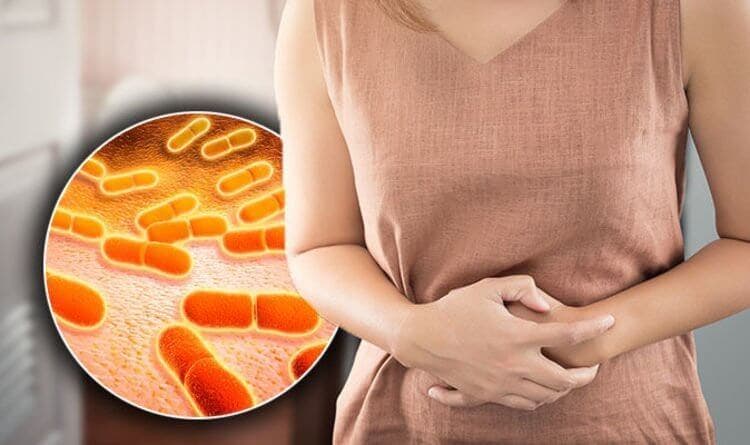
Pregnant women are 10 times more likely to be infected with listeria than the general population. Symptoms can take anywhere from a week to a month to appear. These can include:
- fire
- muscle aches
- headache
- fatigue
Salmonella

Salmonella symptoms appear between 6 hours and 6 days after exposure to contaminated food.
- stomach pain
- vomiting
- diarrhea
- Nausea
Norovirus
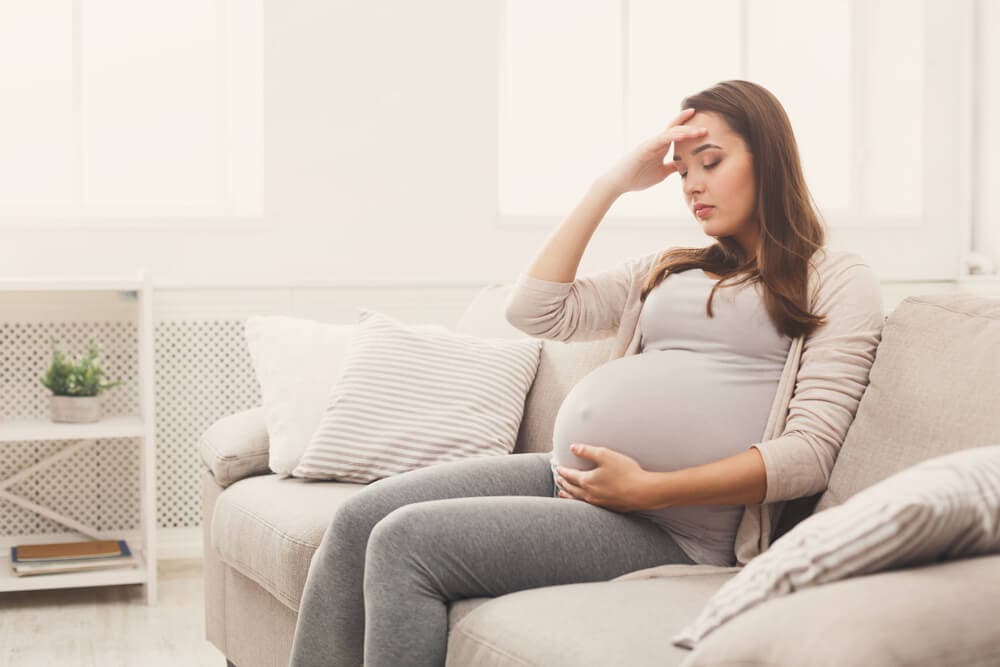
Norovirus symptoms usually start 12-48 hours after consuming contaminated food or drink. Symptoms are as follows:
- stomach pains
- diarrhea
- vomiting
- nausea
E.coli
Symptoms of E.coli appear 3-4 days after consumption of contaminated food and are as follows
- stomach pains
- vomiting
- diarrhea
Staph
Staph symptoms can appear as quickly as 30 minutes to 8 hours. Symptoms are as follows
- Nausea
- vomiting
- stomach pains
- diarrhea
Disorders with Similar Symptoms
Below are some other conditions that give symptoms similar to food poisoning.
Food Poisoning or Gastrointestinal Inflammation?
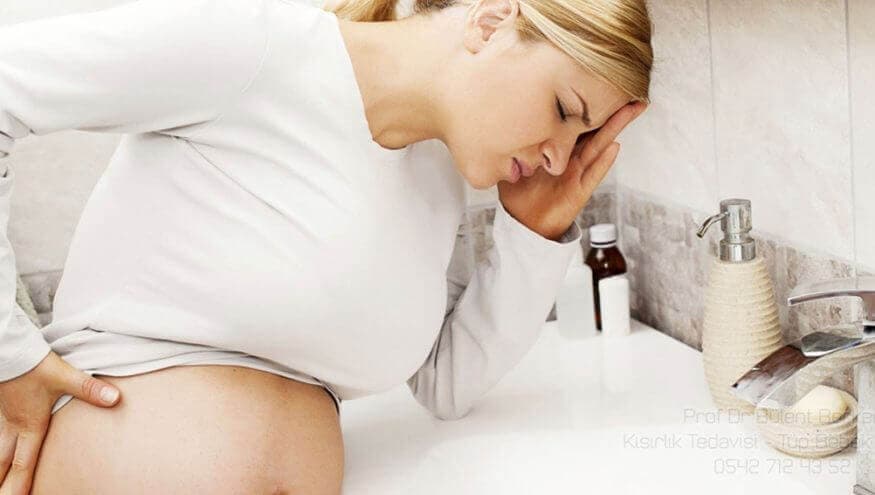
Gastroenteritis, also known as gastroenteritis, is very contagious and can easily be passed from person to person. This condition is an inflammation of the intestine. It can be caused by contaminated food and drinks, but the main cause is usually a bacterial or viral infection.
Food poisoning is not usually contagious. Usually the only way it can be transmitted to more than one person is if they consume the same food.
Food Poisoning or Morning Nausea?
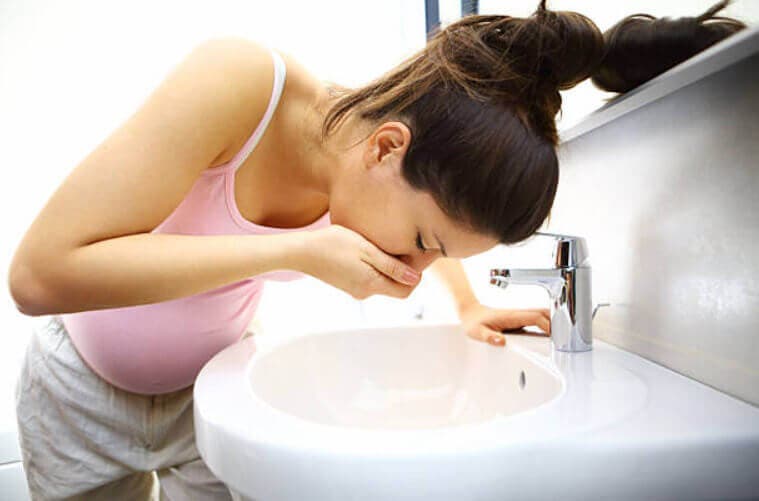
Morning sickness has symptoms similar to food poisoning. A person with morning sickness may have symptoms during the first 12 weeks of pregnancy, but it can occur at any time.
Risks
Food poisoning can be dangerous for the unborn child as well as the parent. It can cause serious health problems for the child, pregnancy loss, premature birth, stillbirth or even death of the person carrying the child.
Developing fetuses need to get as much food as possible from the parents who carry them. If the parent cannot keep the food in the body long enough for the body to absorb it, the baby may not develop sufficiently.
A person with mild symptoms can pass the infection to their unborn child and not even realize they have food poisoning.
If the person carrying the child is infected, the child may have health problems and may even be born with food poisoning.
Food Poisoning Treatment at Home
Pregnant women should contact their doctor immediately if they have symptoms of food poisoning, but there are some things that can be done at home.
Meals

It can be difficult to eat when you have food poisoning, but pregnant women need to gather strength and eat for themselves and their baby. It can be helpful to keep the stomach as calm as possible by eating unflavored, low-fat foods.
Here are the foods that can be eaten:
- saltine crackers
- Toast
- apple sauce
- mashed potato
- boiled rice
Beverages

People with food poisoning are at high risk of dehydration. It is therefore important to drink enough fluids. Here are some easy ways to replace lost fluids:
- drinking water
- drinking juices diluted with water
- consuming sports drinks containing electrolytes
- consuming meat broth
Oral rehydration solutions or salts can also help to replace glucose and electrolytes. These are waters with extra salt and glucose added and help the body.
Natural Solutions
Ginger has properties that reduce nausea and vomiting. Ginger tea can also help people with these symptoms.
When to Contact a Doctor?

If you are pregnant and think you may have food poisoning, you should contact your doctor immediately. Although most people can overcome food poisoning without medical help, pregnant women need to think about the health of the unborn child.
Contact your doctor immediately if you experience the following symptoms
- Fever over 39
- blood in the stool
- Diarrhea lasting more than 3 days
- dizziness
- dry mouth and throat
- frequent vomiting
Ways to Prevent Food Poisoning
Although the risks of food poisoning during pregnancy can be frightening, there are ways to prevent it.
Types of Food to Avoid
Food poisoning can be caused by many different food products. But there are steps that can be taken to reduce the risk. Examples are below.
Red Meat and Poultry

Make sure they are cooked very well. This reduces the chance of food poisoning. A meat thermometer can show when the meat has reached a safe internal temperature. For example, red meat should be heated to at least 63 degrees Celsius and should also be allowed to rest for 3 minutes after cooking.
Vegetables
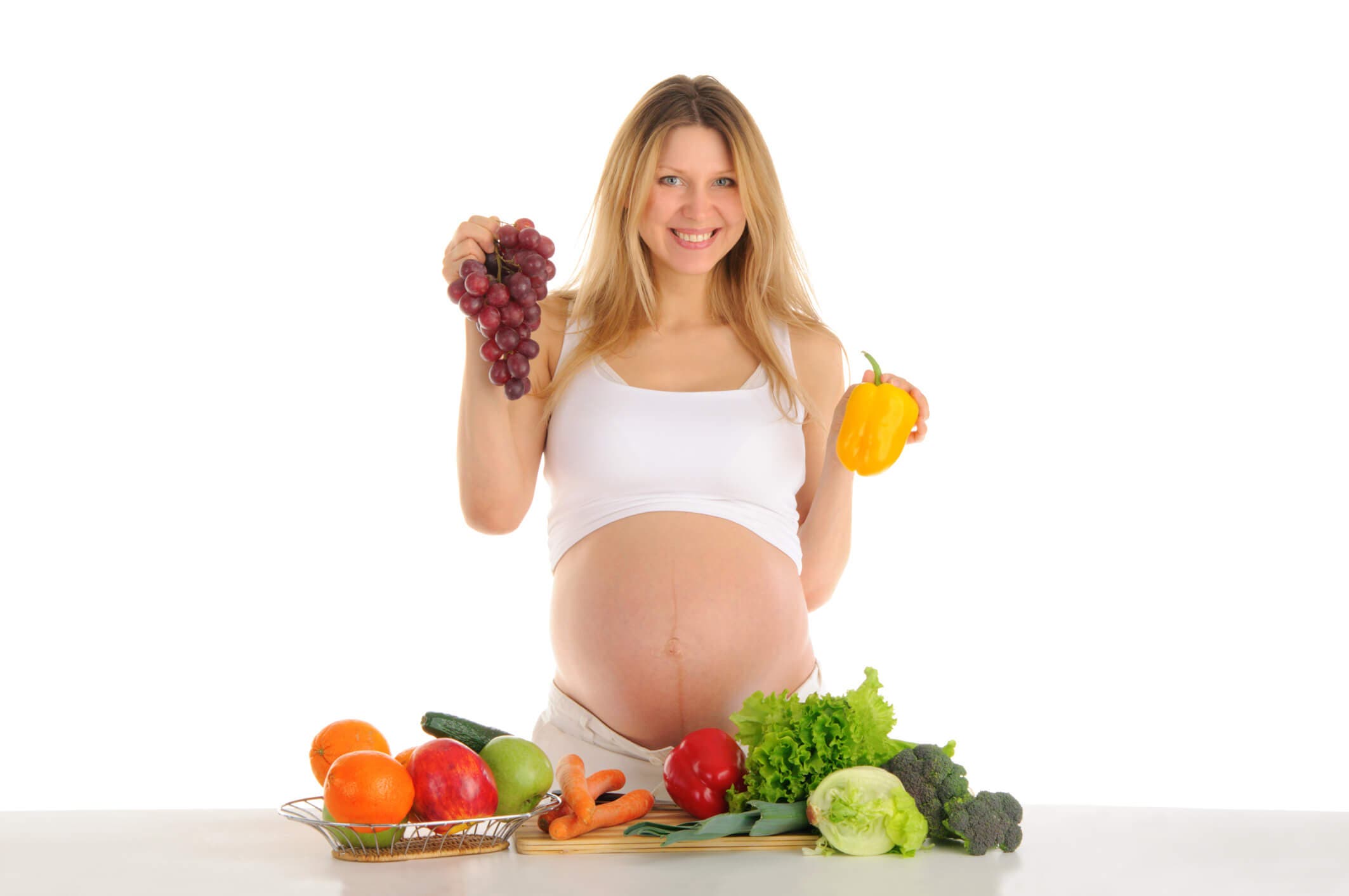
Unwashed and raw vegetables can cause food poisoning. Wash all vegetables thoroughly.
Eggs
Consuming raw and undercooked eggs increases the risk of disease. The risk is lower with pasteurized eggs.
Milk
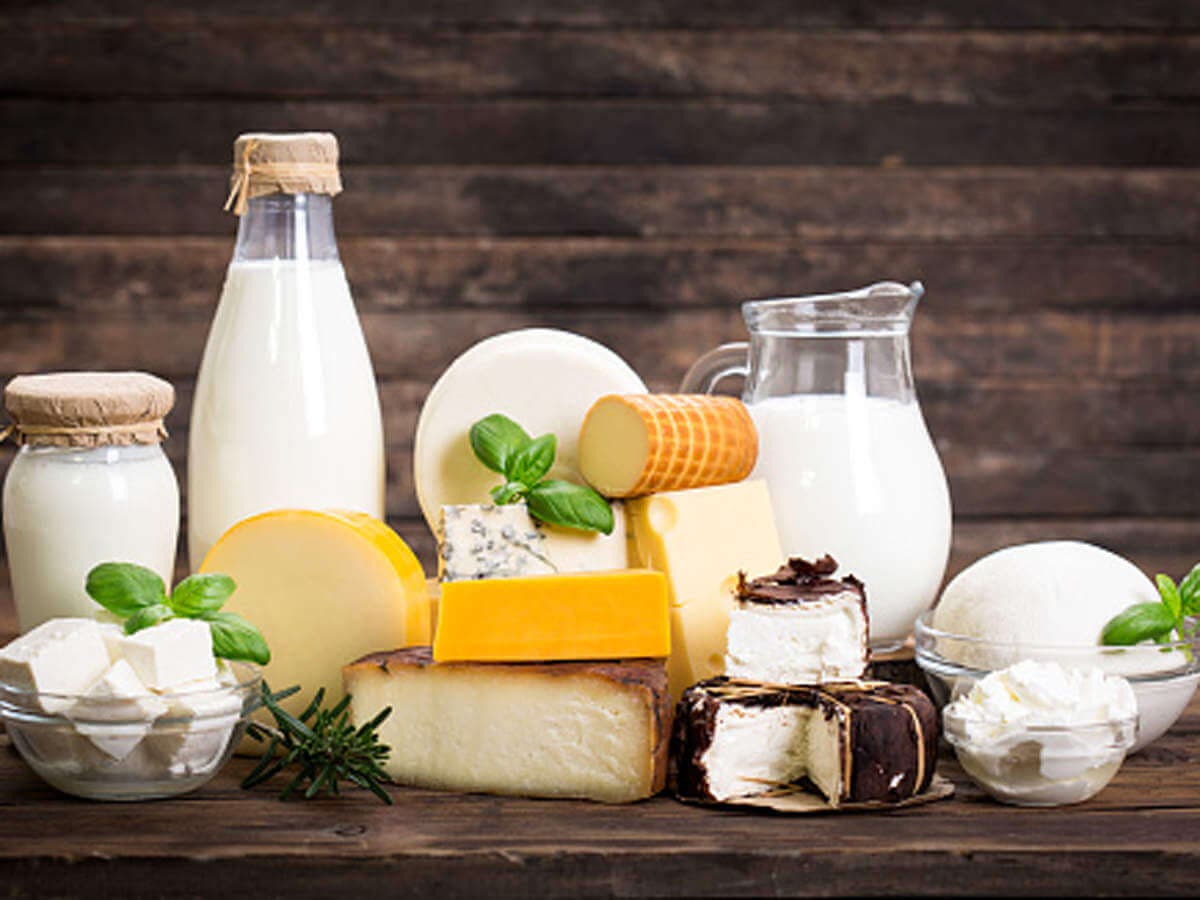
Food poisoning is more likely with unpasteurized milk. This includes cheese made with unpasteurized milk.
Water Products
Pregnant women should avoid products containing raw or undercooked fish, such as sushi. Cooked seafood and canned food are less likely to cause illness.
Other foods that pregnant women should avoid are as follows:
- raw sprouts
- appetizer type salads
- foie gras pate
In addition, processed and dried meat should be avoided until at least 74 degrees Celsius.
Food Safety Tips
To avoid food poisoning, pay attention to the following food safety recommendations:
Cleaning

When preparing food, everything must be clean. This includes washing hands, utensils, countertops and cutting boards. This reduces the risk of infection.
Washing fresh fruit and juices in running water also removes germs that cause food poisoning.
Separate
Make sure that utensils that touch raw food do not touch cooked food. Keep raw meat, white meat, seafood and eggs away from other foods and do not mix when preparing them.
Cooking

Use a thermometer to make sure that the internal temperature of the food kills all poisoning-causing bacteria.
Cool down
Cool perishable foods immediately and make sure the refrigerator is at or below 4 degrees Celsius. Thaw frozen food in the refrigerator, in cold water or in the microwave. Bacteria can multiply quickly when food is thawed on the counter.
Conclusion
According to statistics, 48 million people contract foodborne diseases every year. Of these, 128,000 require hospitalization and 3,000 die.
Pregnant women are more prone to food poisoning.
Food poisoning usually goes away on its own within a few days but can be serious and even fatal in pregnant women. Following food safety steps can help you avoid food poisoning and prevent any pregnancy problems.
Read also:
- How do I check my gastrointestinal function?Stomach pain, constipation or diarrhea, bloating, belching, heartburn? These are all symptoms of problems in the gastrointestinal tract. It starts with the mouth and esophagus and ends with the intestines and rectum.
- What are the benefits of hazelnut oil for the skin?Hazelnut oil is rich in vitamins and essential fatty acids that nourish the skin. Here are a few reasons why you should add this oil to your skin care routine.
- Immune-boosting aromatic oilsThere are many products and treatments that can help your body to build a natural resistance to the harsh winter months, and aromatherapy is one of them. There are many studies supporting the healing power of aromatherapy and it is good for both mental and physical health. Aromatic essential oils also have many health benefits… Read more: Immune-boosting aromatic oils
- Marula Oil Benefits, Uses, and PrecautionsMarula Oil is an exotic oil that comes from the African Marula tree. It’s a good ingredient for skin, hair, and nails. Learn more about the benefits and precautions of Marula Oil with our guide.
- Goal setting for students, children and young peopleRemember when you learned how to set goals? If you have trouble answering this question, you are not alone! Most of us don’t spend much time thinking about how we set our goals. In fact, many of us don’t even think of goal setting as a skill; rather, it’s something we do without much thought.… Read more: Goal setting for students, children and young people
The articles on this site are for information purposes only. The site administrators are not responsible for attempting to apply any recipe, advice or diet, nor do they guarantee that the information provided will help or harm you personally. Be cautious and always consult a doctor or nutritionist!
*All products recommended are selected by our editorial team. Some of our articles include affiliate links. If you buy something through one of these links, you help us earn a small commission from the seller and thus support the writing of useful and quality articles.










